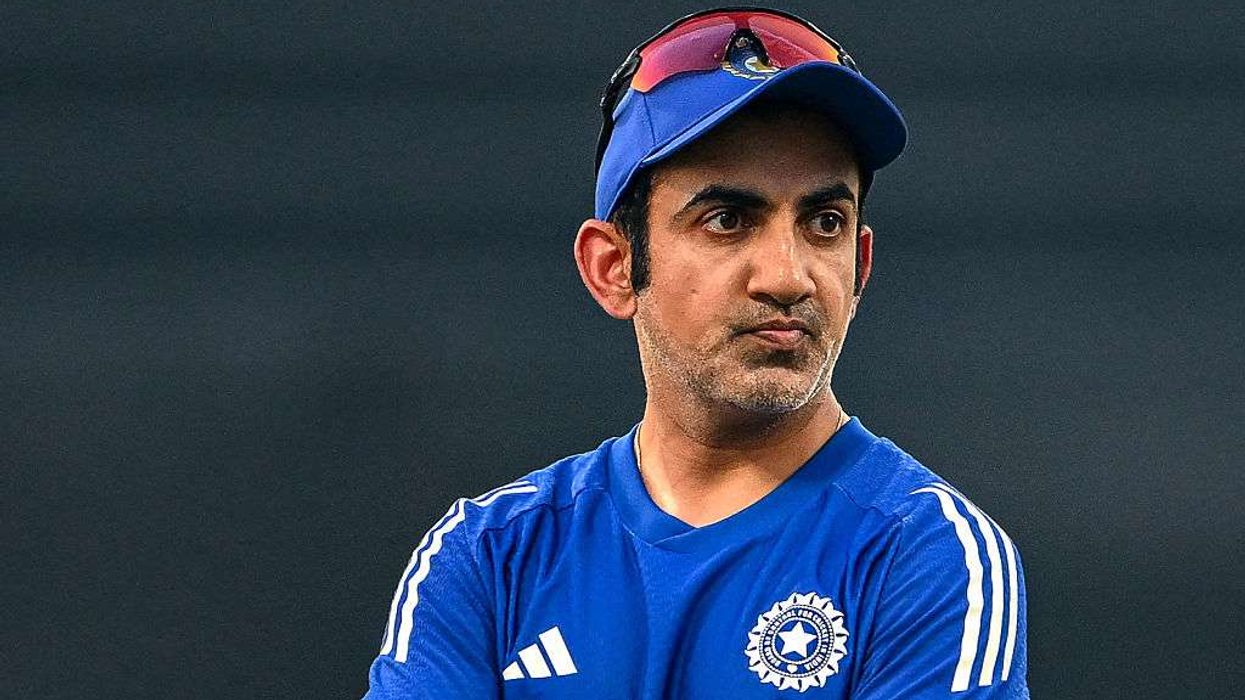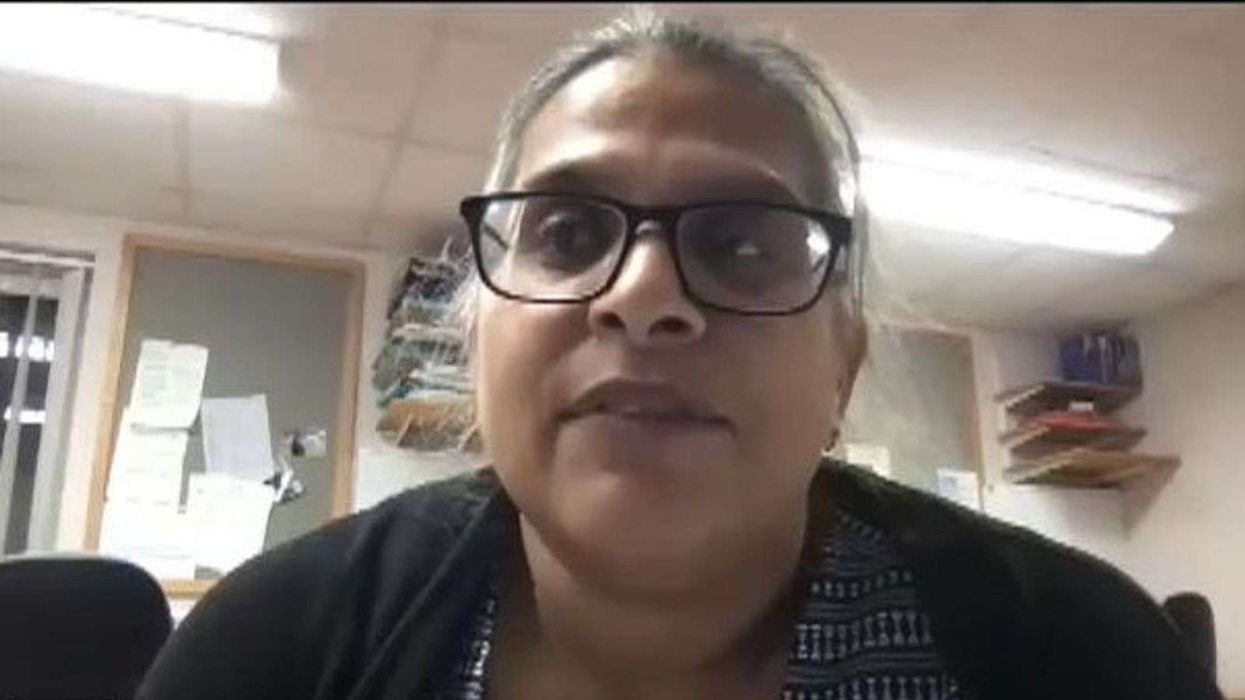The MotoGP season starts this weekend in Portugal and Carmelo Ezpeleta, the head of Dorna, the sport's promoter, is excited about the upcoming races in India and Kazakhstan.
The addition of these two races will expand the season calendar to 21 races and aim to attract more fans outside of its main fan base, which currently consists of mostly European riders.
The race in Kazakhstan is scheduled for 9 July at the Sokol International Racetrack near Almaty, while India's first MotoGP will be held on 24 September at the Buddh International Circuit.
"We are a world championship and while Europe is lucky enough to have most of the riders come from there, that doesn't mean we should only race there," said Ezpeleta.
"The place where the motorcycle industry is developing the most is Asia.
"We should be able to have the majority of the Grands Prix in Europe but there is no doubt that for a motorcycle world championship, as well as for the manufacturers, it is important to go to a continent where the stands are full and the TV ratings are very high."
The two new races mean 10 of this year's 21 will take place outside Europe but Ezpeleta said there may be room for more non-European races as they aim for a 22-race season in future.
"We do not know yet if there will be 22 but it is possible that there will be fewer in the Iberian Peninsula and more in other countries," he said.
"I would especially like to see more nationalities represented among the riders."
Another under-represented group on the MotoGP grids is women.
Ana Carrasco, who has signed for the BOE SKX team in Moto3, will be the only woman competing in any of the three classes this season.
Indeed there have been but a handful of women who have taken part since Beryl Swain broke the mould of the boy racer back in 1962.
"We have always wanted men and women to be able to compete in the same category, this has been seen in other disciplines," said Ezpeleta.
"We are working on that, to have more.
"We are thinking of creating a women's world championship, which could then allow some of them to compete with the men.
"At the moment there are not many women in our championships because there are not many women in the lower categories."
Ezpeleta also maintained that MotoGP wants to "reduce our carbon footprint", something they have started by "trying to group several far away races together so that we don't have to make long trips for one GP".
"The issue of ecology is one of our main concerns," he said. "One hundred percent of the fuel used in 2027 will be sustainable, and 40 percent as early as 2024."
(AFP)







 Diljit Dosanjh on the set of Kufar during the controversial dance shoot Instagram/piyush_bhagat
Diljit Dosanjh on the set of Kufar during the controversial dance shoot Instagram/piyush_bhagat 






